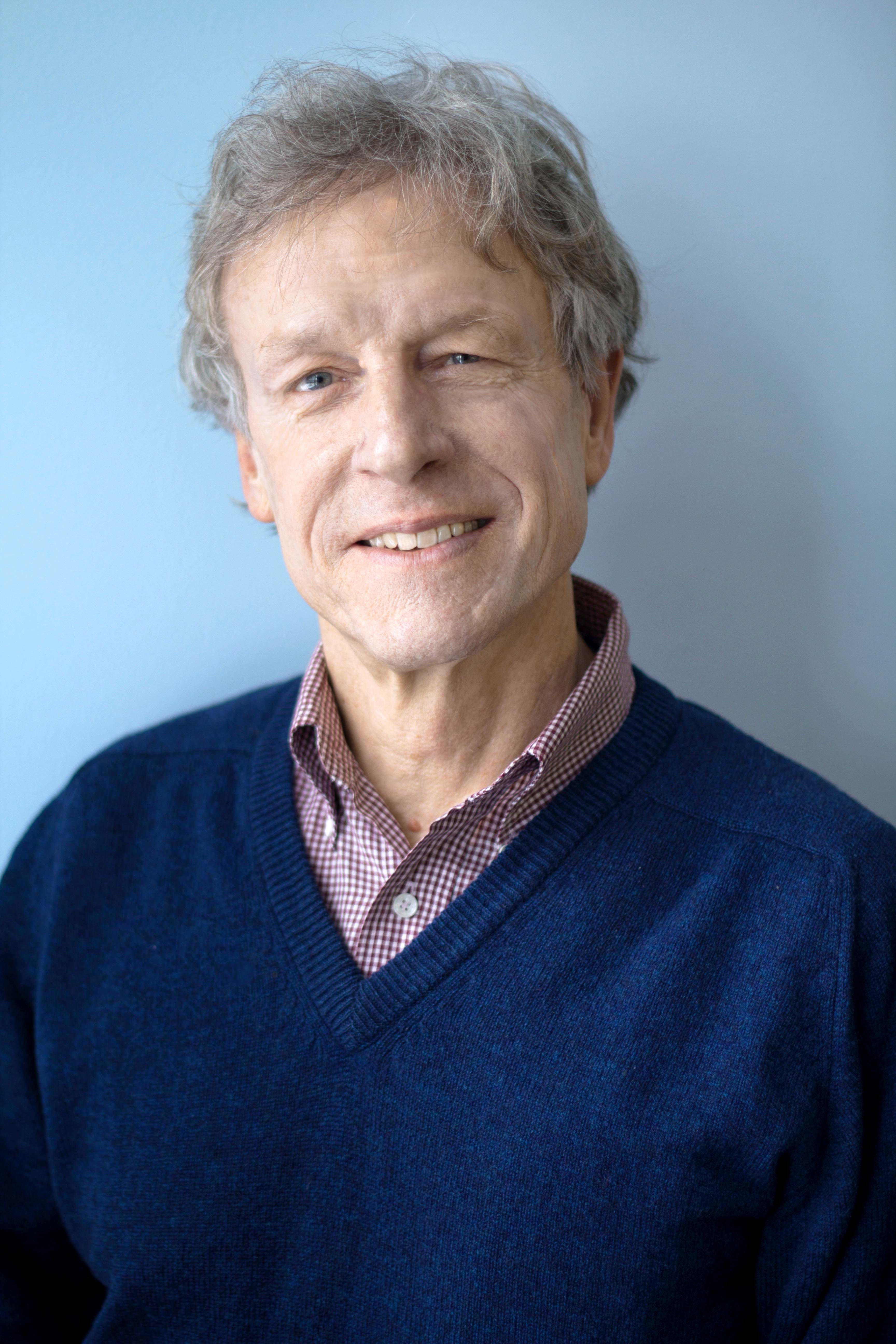Richard McCoy would recite speeches from Shakespeare’s “King Lear” throughout the halls of his high school in San Francisco Bay, California, knowing that one day he would teach.
Now a prominent English professor specializing in the Elizabethan and Tudor eras, McCoy has been named Queens College’s 14th distinguished professor by the City University of New York board of trustees.
“[It] really validates all the work I’ve been doing — it really feels great,” McCoy said.
McCoy loved living in California. He received his BA in Stanford University and his Ph.D. in the University of California, Berkeley.
In 1975, McCoy’s wife got a job at Columbia teaching Chinese literature. When they arrived in New York, it had been nearing bankruptcy.
With jobs being sparse, McCoy taught at a high school and later as an adjunct in New Jersey. He was offered a postdoctoral fellowship at Columbia, where he completed his first book, “Sir Philip Sidney: Rebellion in Arcadia.”
In 1979, McCoy came to QC and has been here ever since. McCoy said he began teaching, “and lived happily ever after. I really like the undergrads at QC. They’re really ambitious. I am extremely happy here.”
McCoy had always loved 16th and 17th century literature, but viewed Shakespeare as too lofty to approach. It wasn’t until he spent a year in Washington D.C. in 1996 at the Folger Shakespeare Institute Fellowship that he decided Shakespeare was “too good to turn away from.”
McCoy then began writing his first book involving Shakespeare, “Alterations of State: Sacred Kingship in the English Reformation,” which focuses on the murders of kings in “Hamlet” and other works. He loves writing about Shakespeare because he “loves the irony.”
Outside of the classroom, McCoy is very involved in the theater world.
He has a close relationship with the Theater for a New Audience where he is the Chair of their Council of Scholars. Some of his duties include doing post-performance talk- backs with the audience, discussing strategies and techniques with the directors and writing the notes on the playbills. His next talk-back will be on April 26 after a performance of “King Lear” at the Polonsky Shakespeare Center.
McCoy is also involved in The Shakespeare Society, where he is an academic advisor for Shakespeare Works — their artistic residency program for actors.
He says that one of the great perks of NYC are the vast amount of acting companies and theaters to work with.
In McCoy’s latest book, “Faith in Shakespeare,” he distinguishes between poetic and religious faith. One of his favorite quotes and inspirations for the book is: “Believe then, if you please, that I can do strange things,” from Shakespeare’s “As You Like It.”
“It speaks to what Shakespeare asks of us in theater,” McCoy said. “You can’t be a skeptic in theater — you need to have ‘good faith’ and, as Coleridge puts it, ‘willing suspension of disbelief,’ in order to take away truths from things that are fictitious. Shakespeare believed — like I do — in poetic faith.”














